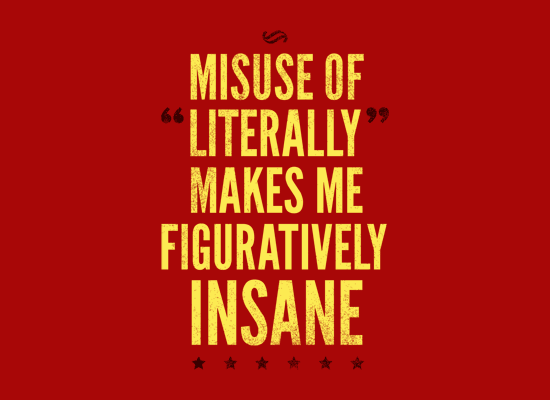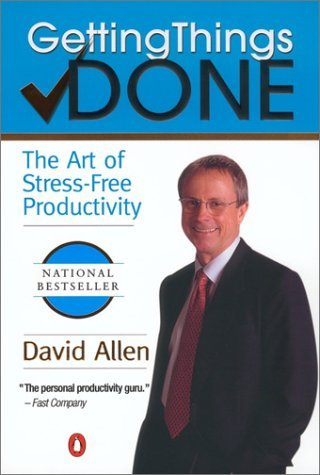I’ve written before about using Getting Things Done, and my Weekly Review. Like a lot of people, I have trouble leaving my email alone. A lot of us seem to feel that emails must be at least read, if not responded to, on a real-time basis. This habit can destroy our productivity, and what’s worse is that we know it. Part of the problem for me is that I have a near obsessive tendency to move “in-to-empty.” This has lead me to handle email on a near real-time basis so I have the psychological satisfaction of an empty inbox.

Another reason I’ve handled email this way is my fear of missing anything, or being perceived as unresponsive to someone I should be responding to quickly. I’ve just started a technique to help me with my email addiction.
I work predominantly on Apple devices, and during my weekly review I have started utilizing a technique to let me keep up on urgent emails, while not becoming bogged down in email and destroying my productivity. Basically, I’ve been employing iOS 6’s VIP feature in email to allow me to quickly set rules, on a weekly basis, that let me focus on the most important emails during the coming week. As I review my projects, I put anyone who is associated with an urgent matter on the VIP list, at least for the coming week. If I expect a lot of back and forth with someone, I don’t want to build in the significant delay that would result from only checking my email once or twice per day. I also update the VIP list if a new and urgent project surfaces during the week.
So far, this has helped me let go of my inbox and only get in to empty once or twice per day. At the same time I’ve been able to keep up with urgent topics and projects. A similar technique can also be employed in Outlook by setting various rules, but that may be a bit more cumbersome.
I don’t know if this is something I’ll keep doing for the long term. It will depend on how time consuming it becomes versus the productivity benefit I receive. I do believe that this will at least let me train myself to focus on those emails that require immediate action, and put off those that don’t.
What workflow techniques do you use to keep out of email?




